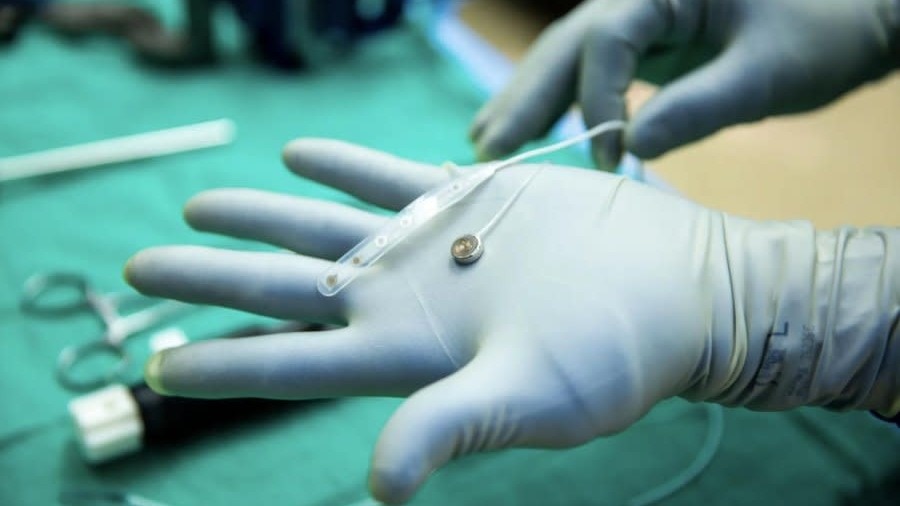Neurotechnology startup Paradromics has announced a significant breakthrough: the successful implantation of its brain-computer interface (BCI) into a human subject for the first time. The milestone, which took place on 14 May at the University of Michigan, signals the company’s move into clinical-stage development.
The experimental procedure involved a patient already undergoing neurosurgery for epilepsy. In a brief 20-minute window during the operation, Paradromics’ Connexus BCI system was implanted and subsequently removed. According to the company, this early test confirmed the device can be safely introduced into human brain tissue and is capable of recording neural activity.
“We’ve shown in sheep that our device is best in class from a data and longevity standpoint, and now we’ve also shown that it’s compatible with humans,” said Matt Angle, founder and CEO of Paradromics, in an interview with CNBC. “That’s really exciting and raises a lot of excitement for our upcoming clinical trial.”
Paradromics’ BCI is designed to read neural signals and convert them into commands for external technologies. Its first intended use case is enabling patients with severe motor impairments to communicate via a computer.
While the device is yet to receive clearance from the U.S. Food and Drug Administration (FDA), Paradromics plans to initiate a formal clinical trial later this year, pending regulatory approval. The study will assess long-term safety and performance in human subjects.
The device was implanted under the supervision of Dr. Oren Sagher, professor of neurosurgery at the University of Michigan. The research component of the procedure, including placement of the Connexus interface, was led by Dr. Matthew Willsey, assistant professor of neurosurgery and biomedical engineering at the university.
Paradromics’ Connexus BCI differentiates itself by capturing brain activity at the level of individual neurons. Angle likened this to placing microphones inside a stadium rather than outside, a design intended to yield more precise data and nuanced control.
The startup joins a growing field of BCI players, including Elon Musk’s Neuralink, Synchron (backed by Jeff Bezos and Bill Gates), and Precision Neuroscience, all of which have also achieved human implantations in recent years.
Paradromics has raised nearly $100 million to date, according to PitchBook. In February, the company also announced a strategic partnership with Saudi Arabia’s Neom project, though the terms of the investment were not disclosed.
